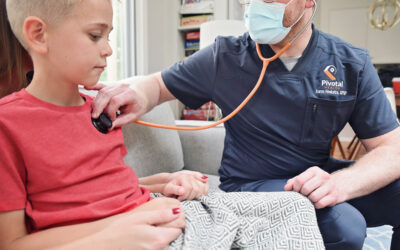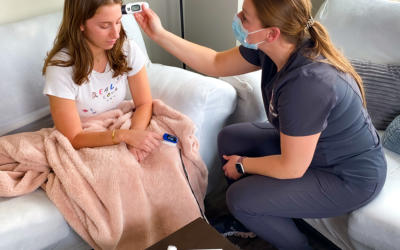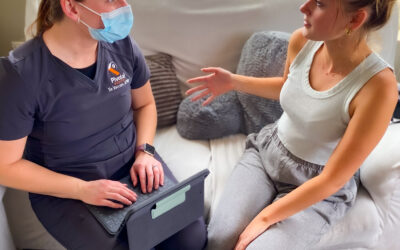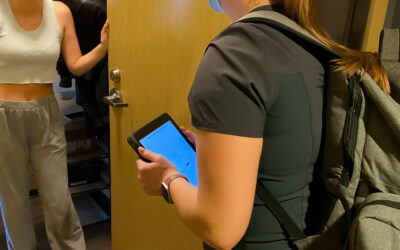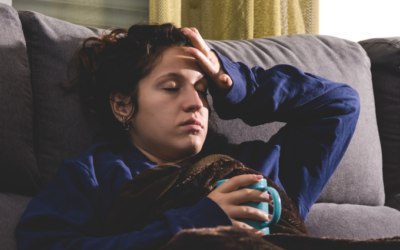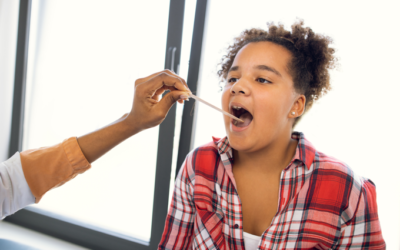Exercising After Covid-19: Facts, Statistics, and Tips
Returning to your exercise routine after recovering from Covid-19 has many physical and mental health benefits, but it’s important to start back slowly. Depending on the severity of your illness and your fitness level before contracting Covid-19, you might find you need to modify your activity more or less. Above all, pay attention to your body and rest and hydrate.
In this article, we’ll look at the facts and statistics about exercising after Covid-19, and provide some tips for getting back into a safe and healthy exercise routine.
According to the CDC, some people recovering from Covid-19 may experience shortness of breath and it is important to stop and consult your doctor or a Pivotal Health clinician if you experience any difficulty breathing or lightheadedness.
Facts and Statistics About Exercising After Covid-19
- According to the Centers for Disease Control and Prevention (CDC), people who have recovered from Covid-19 should gradually resume physical activity. It is important to start with low-intensity activities and gradually increase the intensity over time.
- A study published in the journal Frontiers in Medicine found that physical activity can help reduce the risk of re-infection with Covid-19. The study found that people who engage in regular physical activity have a lower risk of catching the virus again.
- According to the World Health Organization (WHO), physical activity can help people recover from Covid-19 by boosting the immune system and improving overall health.
- A study published in the journal Frontiers in Physiology found that physical activity can help reduce the risk of long-term complications associated with Covid-19, such as fatigue, anxiety, and depression.
- A study published in the journal Sports Medicine and Physical Fitness found that physical activity can help to improve the quality of sleep among Covid-19 patients.
Tips for Exercising After Covid-19
- Start slowly: After recovering from Covid-19, it is important to start slowly and gradually increase the intensity of physical activity. This will help ensure that you don’t overdo it and give your body time to adjust. An article in the Journal of Science and Medicine In Sport recommends a graduated approach to exercise after Covid-19, starting with light exercise at about 50% intensity for 15-30 minutes for three days, then moderate exercise (75% intensity) for 30 minutes for three days, then resume your normal activity level. If you experience excessive fatigue, rest for 48 hours, then begin again.
- Monitor your heart rate: Elevated heart rate is relatively common after recovering from Covid-19. A study published in the journal Nature showed that people recovering from Covid-19 had an elevated resting heart rate for an average of 79 days. Make sure to contact your doctor if you have concerns like heart palpitations, dizziness, or pain.
- Choose low-impact activities: Low-impact activities such as walking or yoga are ideal for people recovering from Covid-19. These activities will help to reduce the strain on the body while still providing a good workout.
- Listen to your body: It is important to pay attention to your body and stop if you feel any pain or discomfort. Make sure to give yourself plenty of rest and allow your body to recover.
- Stay hydrated: Staying hydrated is important for overall health, especially so for people who have recently recovered from Covid-19. Make sure to drink plenty of water before, during, and after exercising.
- Seek medical advice: If you have any concerns or questions about exercising after having Covid-19, make sure to seek medical advice from your healthcare provider.
Conclusion
Exercising after having Covid-19 can be beneficial for physical and mental health. However, it is important to start slowly and listen to your body. If you have any concerns or questions, make sure to seek medical advice from your healthcare provider. With the right approach, you can gradually return to a healthy exercise routine as you continue to recover from Covid-19 and enjoy the benefits exercise can bring.

